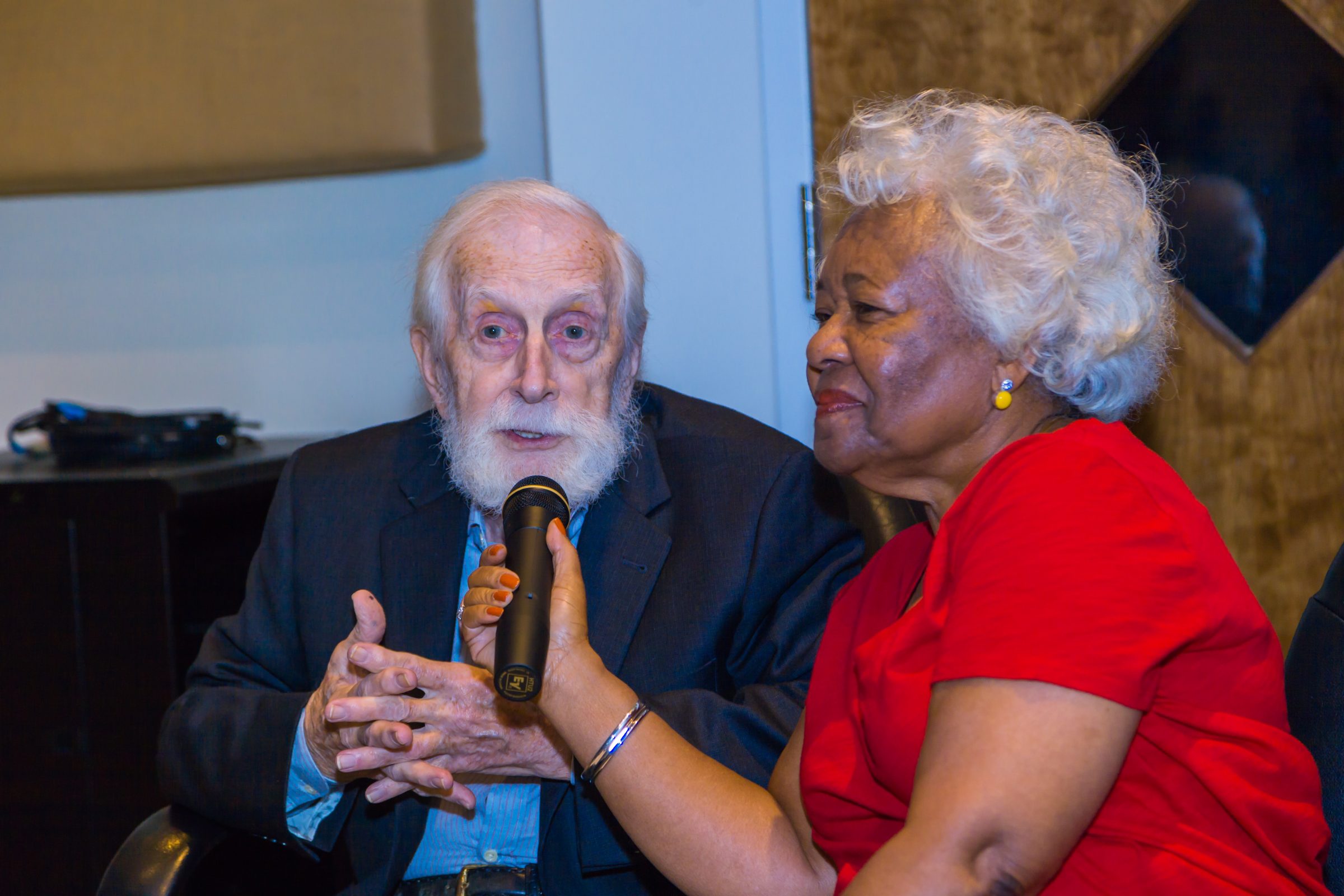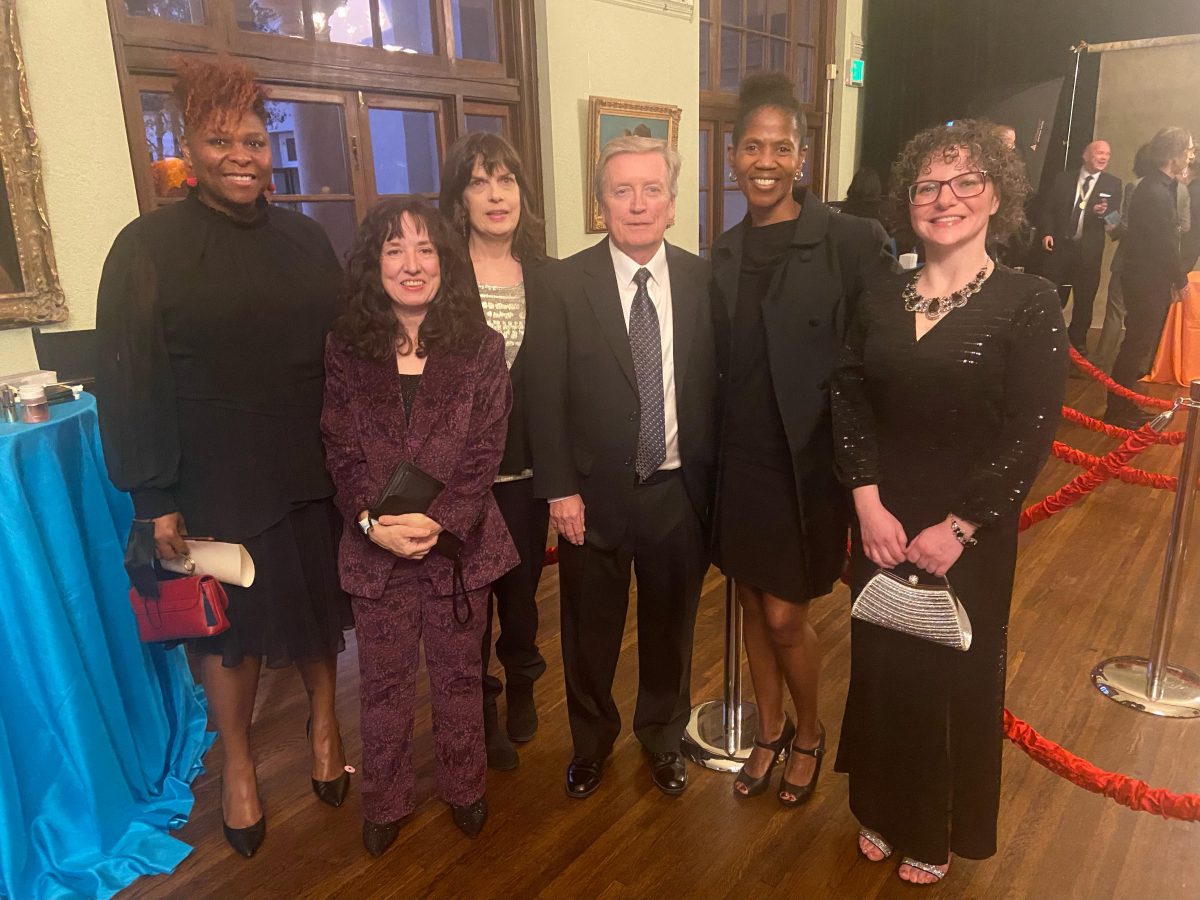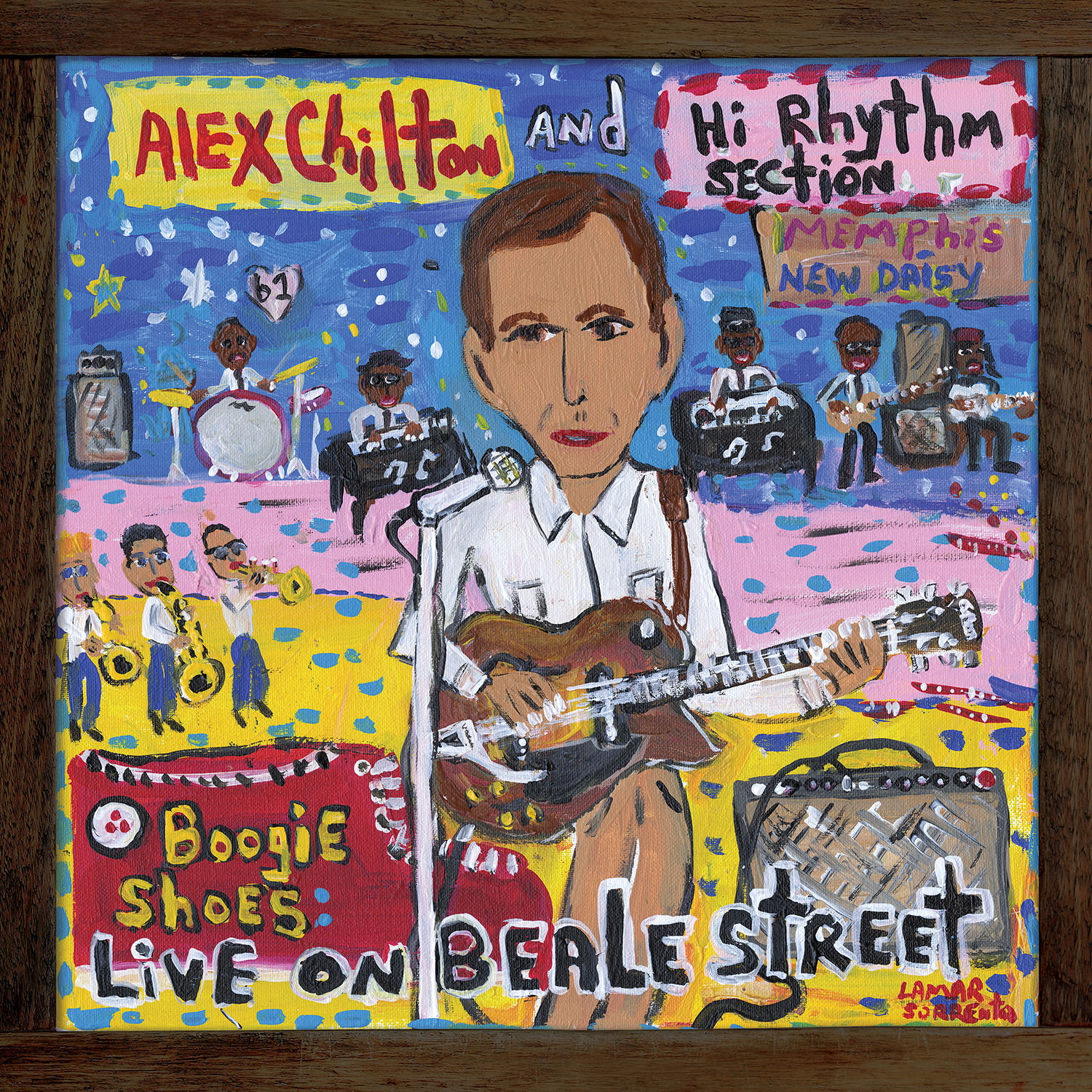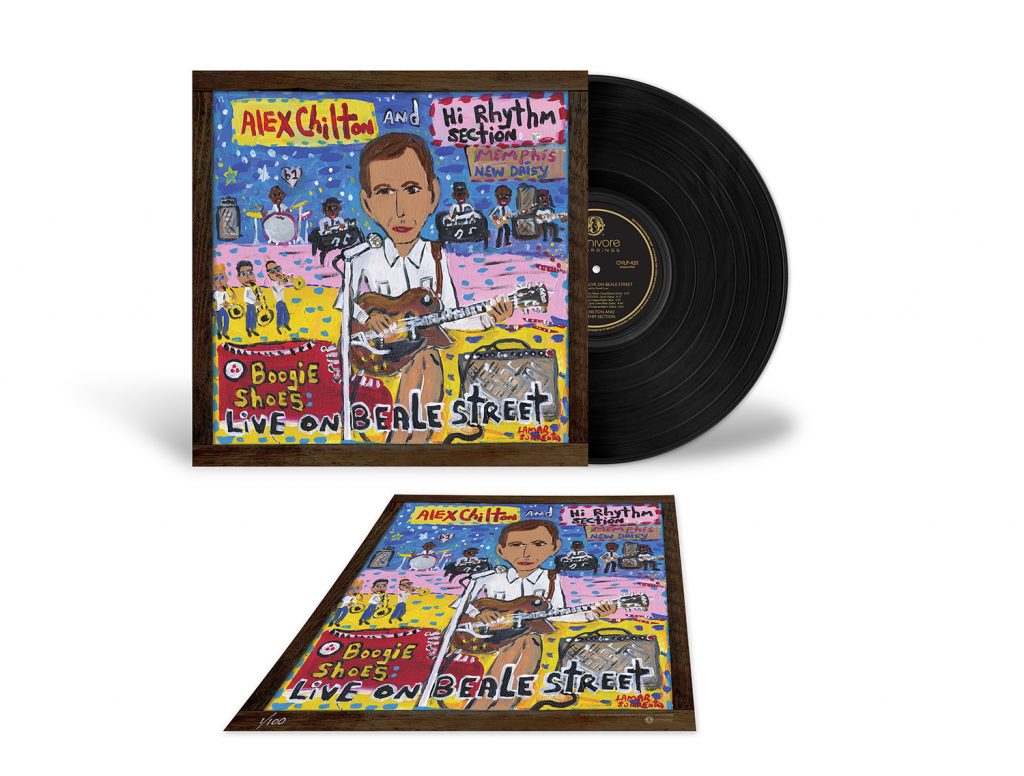It’s been less than twenty-four hours since the Grammy Awards wrapped, and there’s been just as much online chatter about what the Recording Academy missed about Memphis as about what they got right. Celebrating fifty years of hip hop music with a sprawling medley, featuring the Roots backing up star rappers from the past half century, was bound to ruffle some feathers, and many zeroed in on the absolute omission of the city’s greatest hip hop innovators.
“If Three 6 Mafia isn’t in this 50 years of hip hop performance at the Grammys than [sic] I don’t want it,” tweeted Silly Little Goose, later adding, “sleep with one eye open tonight, @RecordingAcad.”
Another Twitter user, Jamesetta M. Walker, quipped, “Wow, Gangsta Boo was not included in the Grammys’ 2023 memoriam. No way they never heard of Three 6 Mafia.”
The lack of recognition was indeed striking, given what Memphis has contributed to the genre over the decades. Yet the sprawling medley, curated by Questlove, included a stunning mix of performers such as Grandmaster Flash, Mele Mel, Rahiem, Run-DMC, LL Cool J, Queen Latifah, Missy Elliott, Lil Wayne, Big Boi, Public Enemy, Busta Rhymes, De La Soul, Lil Baby and others. And Memphis was at least represented well by the breakout star Glorilla, who performed a segment of her hit, “F.N.F. (Let’s Go).”
Nevertheless, Memphis music, being the force of nature that it is, was bound to turn up elsewhere during the proceedings. Erstwhile Memphis writer Bob Mehr, now living in Tucson, Arizona, won the Best Album Notes Grammy for his contribution to Yankee Hotel Foxtrot (20th Anniversary Super Deluxe Edition), his second in that category, while that album’s producers, including Cheryl Pawelski of Omnivore Recordings, also won in the Best Historical Album category.
Meanwhile, Arkansas’ Ashley McBryde won the Best Country/Duo Performance award for “Never Wanted to Be That Girl” with Carly Pearce, and Aaron Neville’s song “Stompin’ Ground,” performed with the Dirty Dozen Brass Band for the film Take Me to the River: New Orleans, which counts Cody Dickinson and Boo Mitchell among its producers, won Best American Roots Performance.
But it was a figure from Memphis history that received the ultimate recognition yesterday, in the form of a Grammy Trustees Award: Stax Records’ co-founder Jim Stewart, who passed away last December 5th. The award, which recognizes “individuals who, during their careers in music, technology, and so on have made significant contributions, other than performance, to the field of recording,” was also given to photographer Henry Diltz and jazz educator (and musician) Ellis Marsalis Jr.
Receiving the award puts Stewart’s name in the company of such legends as Duke Ellington, The Beatles, Thomas Edison, George and Ira Gershwin, Jerry Wexler, and Stewart’s sister and fellow Stax-founder, Estelle Axton.
On hand to receive the award in Stewart’s name were his adult children, Shannon, Lori, and Jeff Stewart, along with Jim’s granddaughter Jennifer Stewart. As Lori noted, “when dad’s dream of being in the music business first began, he was a nine- or ten-year-old boy who received a guitar for Christmas.”
Jennifer Stewart added, “Grandaddy was a man before his time. Not only was he an innovator in the music industry, by creating that distinct Stax sound, he was also an advocate for equal rights and opportunities for everyone. He didn’t care where you came from, what color your skin was, or your gender. If you had any kind of talent, he wanted you to be a part of his family.”
It was a fitting tribute to a man who represented a more progressive demographic among Southern professionals at the time, paving the way for the multi-racial camaraderie that the Stax community strove to foster through all its days.



